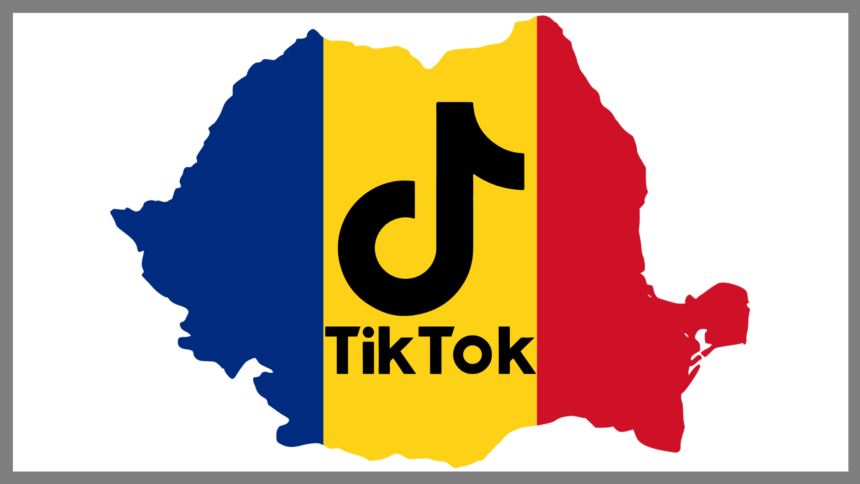During elections, disinformation is a constant concern especially regarding the role of social media platforms. In Romania, the unexpected rise of presidential candidate Călin Georgescu has sparked controversy, particularly due to his strong presence on TikTok. As the European Commission investigates the platform for potential electoral interference, Meta reports that it found no major issues on its platforms.
Let’s break down the current situation and the ongoing battle against disinformation.
What’s Happening & Why This Matters
During Romania’s presidential election, Meta (the parent company of Facebook and Instagram) claims to have found no evidence of major disinformation incidents tied to its platforms. Nick Clegg, Meta’s President of Global Affairs, confirmed that the company remained in close contact with Romanian authorities throughout the election process. This collaboration involved daily communication with local law enforcement, the Ministry of Interior, and Romania’s Cybersecurity Agency, ensuring that Meta’s policies were followed closely during the election period.
Despite concerns that disinformation might sway voters, Meta assures that there were no major problems regarding its platforms. Clegg’s statements provide a stark contrast to the situation on TikTok, where evidence of foreign influence and manipulation emerged .
Scrutiny of TikTok’s Election Interference
While Meta reports no issues, the European Commission has raised alarms about TikTok’s role in the Romanian election. Călin Georgescu, an independent presidential candidate, gained significant traction through TikTok, with claims that his rise wasn’t purely organic but possibly linked to coordinated campaigns. The Romanian National Audiovisual Council has requested that the European Commission investigate whether TikTok’s algorithm was manipulated to favor Georgescu’s campaign .
The Commission’s actions are based on the Digital Services Act (DSA), which allows regulators to demand that platforms preserve data related to electoral risks. TikTok has been ordered to retain this data for further analysis, with the goal of ensuring no foreign interference influenced the election .
AI in Managing Election Disinformation
With AI-generated content becoming a major tool for both political campaigns and disinformation campaigns, Meta has faced growing pressure to manage these risks. In 2024, Meta implemented strong policies to limit the spread of AI-generated misinformation, which made up less than 1% of all fact-checked election-related content. During the U.S. presidential election period, Meta even rejected over 590,000 AI image requests, including doctored images of political leaders .
Clegg noted that while these measures were effective, they also led to some unintended consequences, with harmless content sometimes getting taken down or restricted. Meta plans to continue refining these systems to strike a better balance between content moderation and freedom of expression .
TF Summary: What’s Next?
The investigation of Tiktok’s impact on the Romanian presidential election has more questions than answers. The platform’s algorithms are front-and-center and under intense scrutiny in Europe. Meta’s report suggests that their platforms didn’t see major interference, but the overall issue of election security and disinformation remains. With upcoming elections in other European nations, the European Commission’s oversight will intensify.
The election disinformation in Romania presents how easily platforms can be manipulated to alter the course of elections. As these investigations proceed, it is essential for social platforms to enhance transparency and accountability in their content moderation policies to prevent future election interference.
— Text-to-Speech (TTS) provided by gspeech


